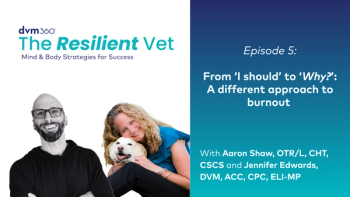
Are You Suffering from "Social Jet Lag"?
A new study reports that “social jet lag” — the time difference between sleep patterns on days off compared with work days — is associated with worse mood, sleepiness, fatigue, heart disease and poorer overall health.
“Social jet lag,” which is experienced when people go to sleep and wake up later on the weekends than they do during the week, has been linked to such negative effects as obesity and diabetes. Now, a new study suggests that this phenomenon may have additional insidious effects.
New research, published in the journal Sleep, examined data from 984 adults between 22 and 60 years of age to understand what social jet lag does to the body. The study authors defined social jet lag as a “discrepancy between an individual’s intrinsic circadian preference and their actual sleep times imposed by occupational and social obligations.”
Study participants were evaluated for social jet lag using the Sleep Timing Questionnaire, which found the person’s average sleep time by subtracting the weekday sleep midpoint from the weekend sleep midpoint.
Study participants were also evaluated for insomnia using the Insomnia Severity Index, which looked at things such as age, gender, race, education, employment, income and sleep duration, and for their overall health using a standardized scale in which they recorded whether they felt “excellent,” “good,” or “fair/poor.” Finally, participants were evaluated using other standardized scales for things such as depression, fatigue, sleepiness and cardiovascular disease history.
Researchers found social jet lag to be associated with a worse mood, sleepiness, fatigue, heart disease and poorer overall health.
"These results indicate that sleep regularity, beyond sleep duration alone, plays a significant role in our health,” said Sierra B. Forbush, undergraduate research assistant in the Sleep and Health Research Program at the University of Arizona College of Medicine at Tucson and lead author of the study. “This suggests that a regular sleep schedule may be an effective, relatively simple and inexpensive preventative treatment for heart disease as well as many other health problems."
According to the study, one hour of social jet lag raises heart disease risk by over 11 percent. Every hour of social jet lag was also associated with 22.1 and 28.3 percent increases, respectively, in the likelihood of having just “good” or “fair/poor” health compared with “excellent” health.
Results of the study did not depend on either insomnia or sleep duration, which may mean that social jet lag alone may be responsible for these health outcomes.
This study proves that even among healthy adults who get at least 6.5 hours of sleep, social jet lag can cause several physical and psychological issues over time.
Newsletter
From exam room tips to practice management insights, get trusted veterinary news delivered straight to your inbox—subscribe to dvm360.




